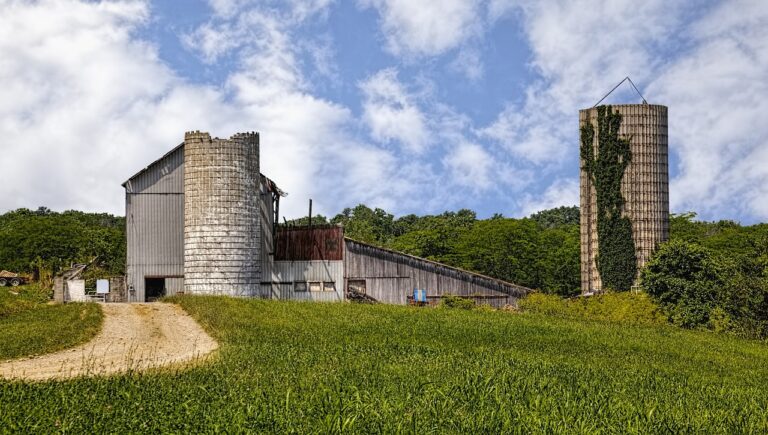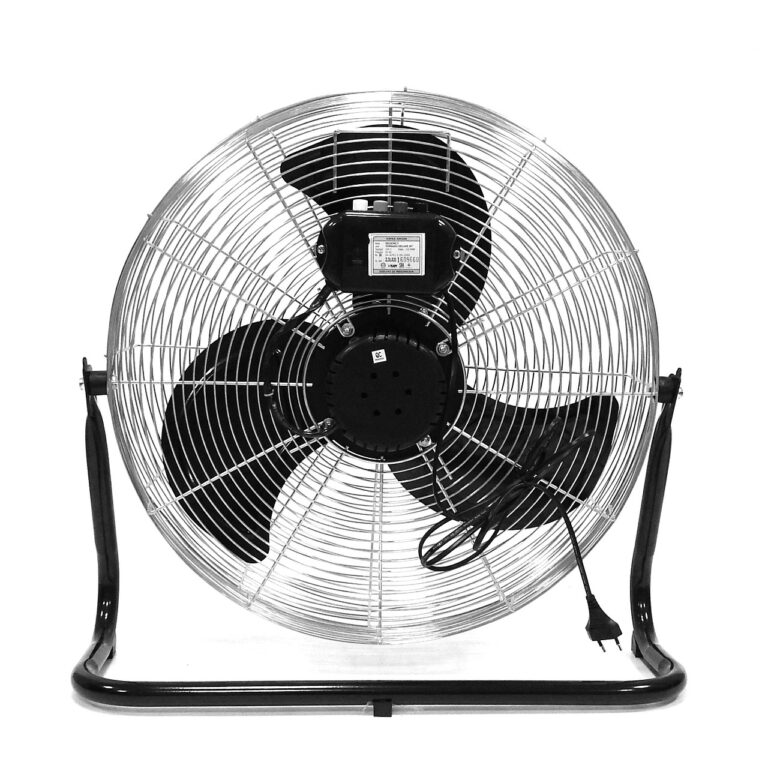The Impact of Smart Irrigation Systems on Water Conservation
Smart irrigation systems have revolutionized the way we manage water resources in agriculture and landscaping. These systems incorporate advanced technology to optimize irrigation practices, taking into account factors such as weather patterns, soil moisture levels, and plant needs. By automating the irrigation process, smart systems help reduce water waste and promote efficient water usage.
One of the key features of smart irrigation systems is the use of sensors that gather data in real-time to make informed decisions about when and how much water to apply. These sensors monitor environmental conditions and plant health to ensure that water is delivered precisely where and when it is needed most. Additionally, some systems can be controlled remotely through mobile apps, allowing users to adjust settings from anywhere with an internet connection.
• Smart irrigation systems optimize irrigation practices by considering weather patterns, soil moisture levels, and plant needs
• Automation reduces water waste and promotes efficient water usage
• Sensors gather real-time data to make informed decisions about watering schedules
• Monitoring environmental conditions and plant health ensures water is delivered where it is needed most
• Remote control capabilities through mobile apps allow users to adjust settings from anywhere with an internet connection
Benefits of Smart Irrigation Systems
Smart irrigation systems offer a range of advantages that make them a valuable addition to any property. One key benefit is the ability to automatically adjust watering schedules based on real-time weather data. This ensures that plants receive the optimal amount of water without the need for manual intervention, ultimately promoting healthier and more vibrant landscapes.
In addition to promoting plant health, smart irrigation systems also help to conserve water by preventing overwatering. By delivering water directly to the root zone of plants and adjusting irrigation based on factors like soil moisture levels, these systems reduce water wastage and contribute to more sustainable water usage practices.
Water Usage Reduction with Smart Irrigation Systems
Smart irrigation systems are revolutionizing the way water is utilized in agricultural and landscaping practices. By incorporating advanced technologies such as soil moisture sensors, weather data analysis, and automated drip irrigation, these systems ensure that water is only used when necessary, optimizing its efficiency.
This targeted approach to irrigation not only conserves water but also minimizes wastage and reduces costs associated with excessive water usage. By delivering precise amounts of water directly to the root zones of plants, smart irrigation systems promote healthier growth and increased yield, all while contributing to the sustainable management of this precious resource.
What is a smart irrigation system?
A smart irrigation system is a technology that automates the watering of plants by using sensors, weather data, and other factors to determine the optimal amount of water needed.
What are the benefits of using a smart irrigation system?
Some benefits of using a smart irrigation system include water conservation, lower water bills, healthier plants, and convenience of automated watering schedules.
How can a smart irrigation system help reduce water usage?
Smart irrigation systems can reduce water usage by only watering when necessary, adjusting watering schedules based on weather conditions, and preventing overwatering by monitoring soil moisture levels.
Are smart irrigation systems easy to install and use?
Many smart irrigation systems are designed to be easy to install and use, with user-friendly interfaces and mobile apps for remote monitoring and control.
Can a smart irrigation system save money on water bills?
Yes, smart irrigation systems can help save money on water bills by using water more efficiently and avoiding wasted water from overwatering or watering during rainy weather.







